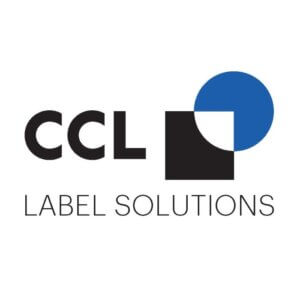CCL Label launched a new version of its EcoFloat low-density polyolefin sleeve material: EcoFloat WHITE.
One of the CCL management team members, Guenther Birkner, emphasized the difficulties the dairy business faces in recycling HDPE bottles. “White HDPE bottles are rarely recycled back into food-grade applications due to stringent food contact regulations,”Birkner explained.
“As a result, these bottles often exit the packaging loop. We’ve observed a substantial shift from HDPE to PET, which offers better compatibility with recycled content for food packaging. Our EcoFloat WHITE sleeve aims to support this transition with a functional and sustainable product decoration.”
Norbert Fenkart, head of research and development (R&D) at CCL’s sustainable sleeve label hub in Dornbirn, Austria, emphasized the importance of making the EcoFloat WHITE solution compatible with existing recycling technology.
“Since 80% of effective recycling relies on accurate sorting, it was imperative that our solution be detectable by the standard NIR technology used in the industry today,” Fenkart stated.
“We developed carbon-free inks that provide the necessary light-blocking properties while ensuring that the underlying PET bottle is detected and sorted correctly.”

Why we need it?
Dairy products must have light-blocking properties in order to maintain freshness and extend shelf life.
Traditionally, a layer of black or silver ink was used to create this light-blocking barrier.
This protected the products, but it may also make sorting and recycling more difficult because the standard near-infrared detection system may have trouble identifying the underlying material, according to CCL Label.
Apart from meeting NIR detection requirements, the EcoFloat WHITE sleeve performs exceptionally well in the sink/float separation procedure, which is an essential phase in PET recycling.
The sleeve, which is made of low-density polyolefin material, separates from the PET bottle flakes on its own when recycled.
The procedure works well because the floatable EcoFloat material rises to the top of the separation vessel and the heavier PET flakes drop to the bottom, making the separation process simple and clean.
This innovation by CCL Label represents a significant advancement in sustainable packaging technology, particularly for the dairy industry.
Date : 17th & 18th Aug, 2024
Time : 10 AM to 05 PM
To get regular Food Industry updates, feel free to join our WhatsApp group: Joining link